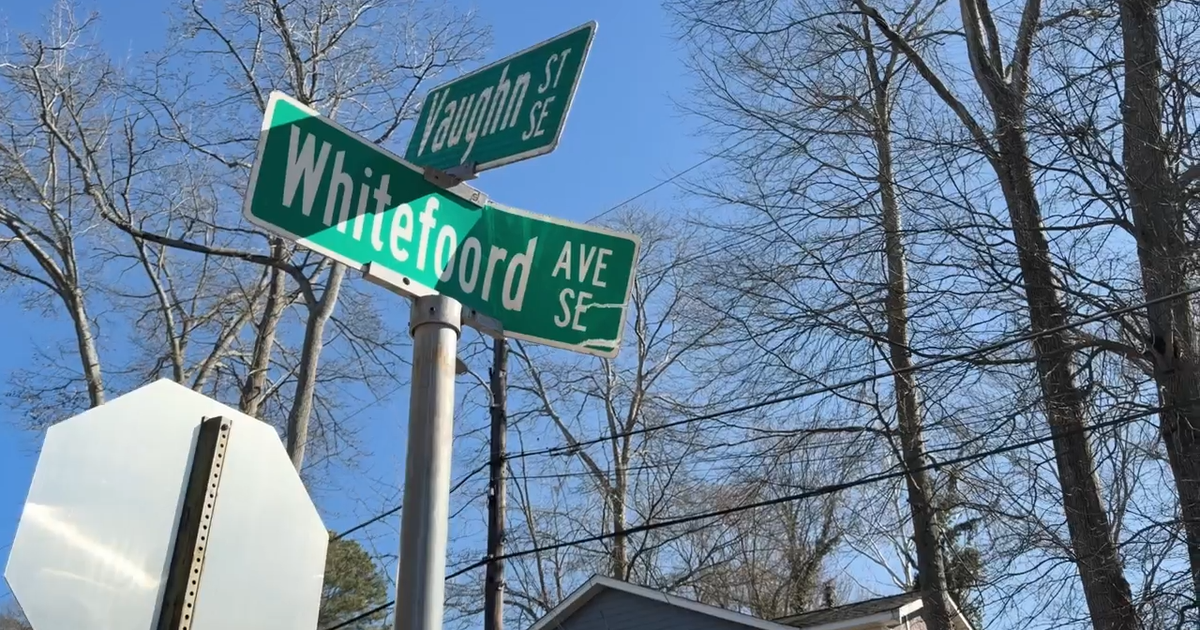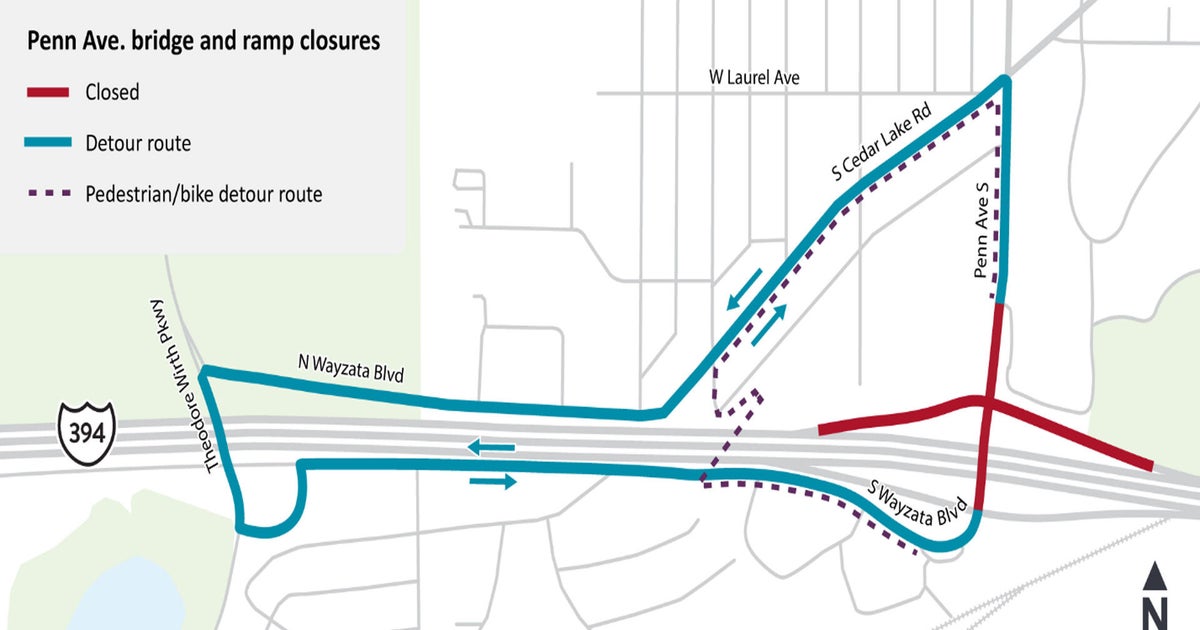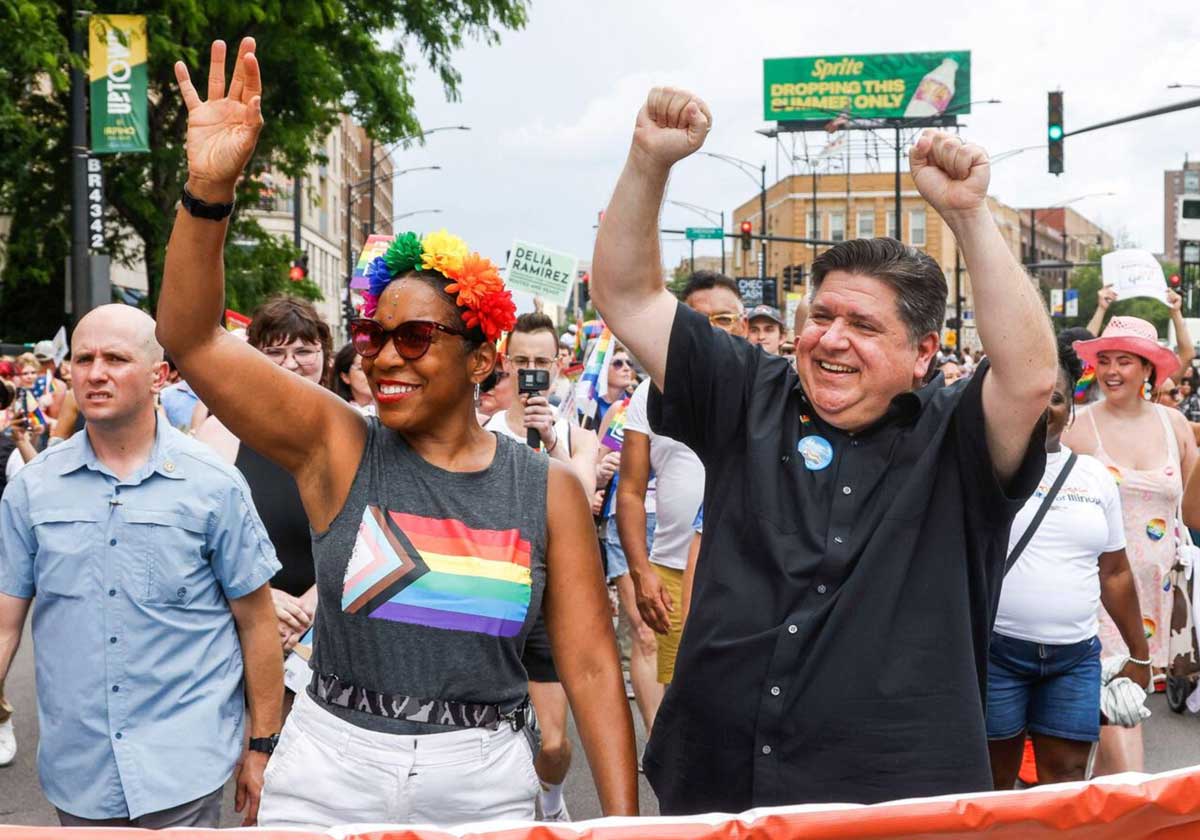St. Louis prosecutor facing relentless resistance as she works to reform justice system
Kim Gardner has endured death threats, racial slurs and the relentless opposition of the police union as she tries to keep her election promise and remake the justice system. The first African-American to be elected top prosecutor in St. Louis says she's not backing down. Bill Whitaker reports on Gardner's attempts to reform the justice system in one of America's most divided cities on the next edition of 60 Minutes, Sunday, March 14 at 7 p.m. ET, 4 p.m. PT on CBS.
The Black Lives Matter movement has deep roots in St. Louis. The city has one of the highest rates of police shootings in the country, and Black mistrust of police runs deep. In 2014, Michael Brown, an unarmed Black teen was shot dead by a White police officer in a nearby suburb of St. Louis. Since then, protesters have clashed repeatedly with police. Gardner was swept into office by a landslide last November with her promise to hold police to account. Since she's been on the job, she's received hate mail, and her family has been threatened.
"I was sent emails and that said I should be hung up by a tree by the KKK," says Gardiner.
Whitaker reads some of the hate mail aloud. "'I hope people destroy your neighborhood, threaten your family. What do you think when you open up your mail and you have something like this? Some of these are death threats. Does that frighten you?" asks Whitaker.
"I signed up for this. But what frightens me is now that it's calls to my family, and I'm afraid that a loved one may be harmed because I took this job," says Gardner.
Gardner has tangled often with the city's powerful police union. In 2017, after another White officer was acquitted of murdering a Black man, Gardner proposed an independent team investigate all police shootings. The union lobbied City Hall to torpedo her reforms. "We work well with everyday police officers, every day. But what we have is a police union who basically injects fear and misinformation in the police department," says Gardner.
Gardner became so frustrated, she took the unprecedented action of suing the police union and the city of St Louis, using the Reconstruction-era Ku Klux Klan Act of 1871, to claim a racist conspiracy was preventing her from doing her job. A judge called the suit "a compilation of personal slights" and dismissed it.
"She's a prosecutor that wants to second guess everything law enforcement does," says Jeff Roorda, the public face of the police union. "And find fault when there's no fault to find… she's no partner with law enforcement."
Roorda, a former suburban police officer who was fired from his job in 2001 for falsifying a police report, calls himself a "proud" critic of Gardner. And he's not alone. State Republican lawmakers have tried to strip Gardner of her authority.
But Gardner says she won't stop. "It's about the will of the people. And the people of City of St. Louis overwhelmingly voted me in to do my job to reform a system that we all know is beyond repair. It needs to be dismantled and rebuilt," she says. "We as law enforcement have to hear the cries for help in the community and deliver. And that's why I'm not going to back down. That's why I'm not going kiss the ring of the status quo to keep it a certain way," she tells Whitaker.



